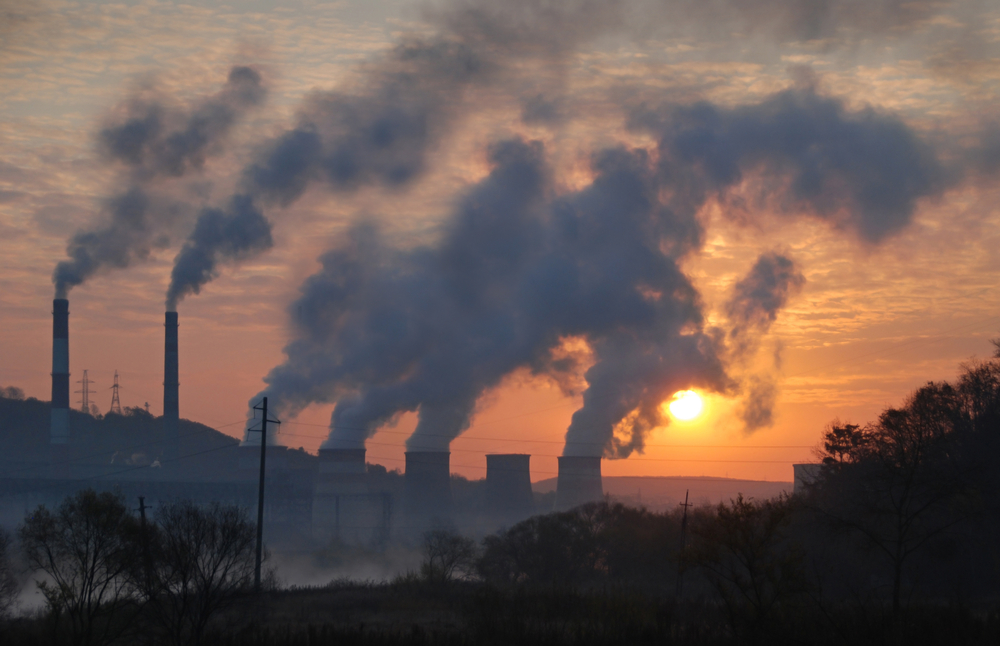
Scientists have identified 22 key research questions surrounding the risks associated with chemicals in the environment in Europe.
Chemicals released into the environment by human activity are resulting in biodiversity loss; increased natural hazards; threats to food, water and energy security; negative impacts on human health and degradation of environmental quality.
Now, an international study published in Environmental Toxicology and Chemistry involving scientists from the University of York has identified the 22 most important research questions that need to be answered to fill the most pressing knowledge gaps over the next decade.
The list includes questions about which chemicals pose the greatest threat to European populations and ecosystems, where the hotspots of key contaminants are around the globe, and how we can develop methods to protect the environment.
The research, which resulted from a recent ‘big questions’ exercise involving researchers from across Europe, aims to serve as a roadmap for policy makers, regulators, industry and funders and result in a more coordinated approach to studying and regulating chemicals in the environment.
One of the lead authors of the study, Dr Alistair Boxall from the University of York’s Environment Department, said: “Our research has highlighted international scientists’ research priorities and our key knowledge gaps when it comes to the risks and impacts of chemicals.
The study aims to help focus scientific effort on the questions that really matter and inform decisions about the type of research needed to update policies and regulations.
“This research is part of a much larger global horizon scanning exercise co-ordinated by the Society for Environmental Toxicology and Chemistry. Similar studies to ours are being performed in North America, Latin America, Africa, Asia and Australasia. Taken together these exercises should help to focus global research into the impacts of chemicals in the environment.”
A key suggestion in the report is that the harmful effects of chemicals on human health and the environment should be considered in combination with other stressors.
Boxall added, “Considering chemicals in isolation can result in a simplistic assessment that doesn’t account for the complexity of the real world. For example, a fish won’t be exposed to a single chemical but to hundreds if not thousands of chemicals. Other pressures, such as temperature stress, will also be at play and it is likely that these components work together to adversely affect ecosystem health.”




